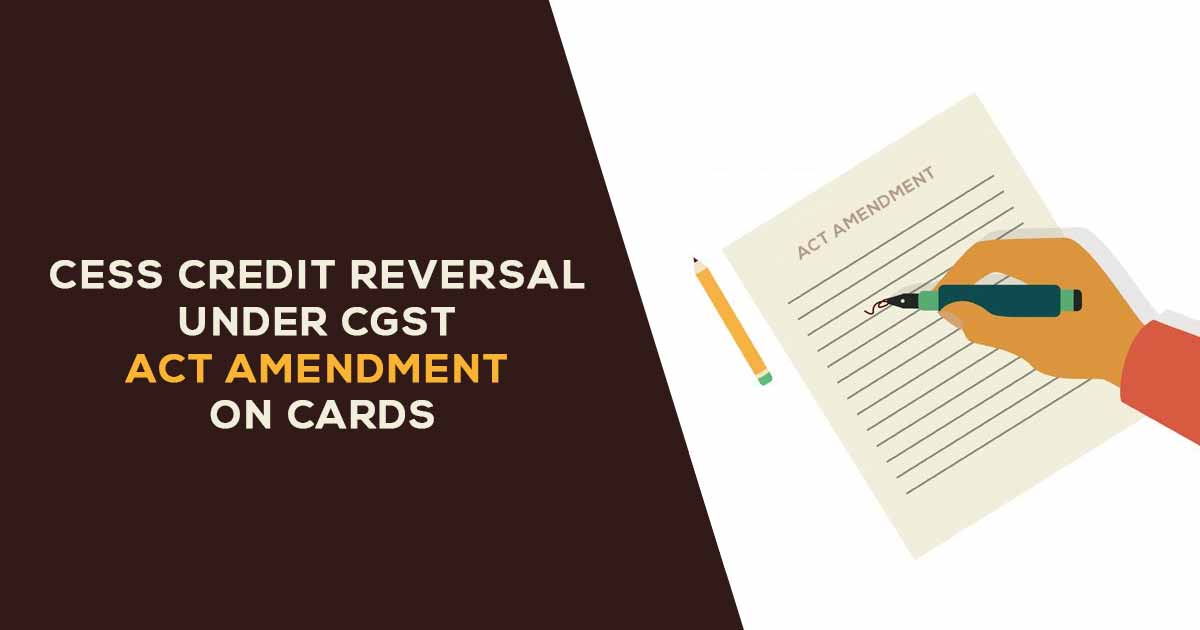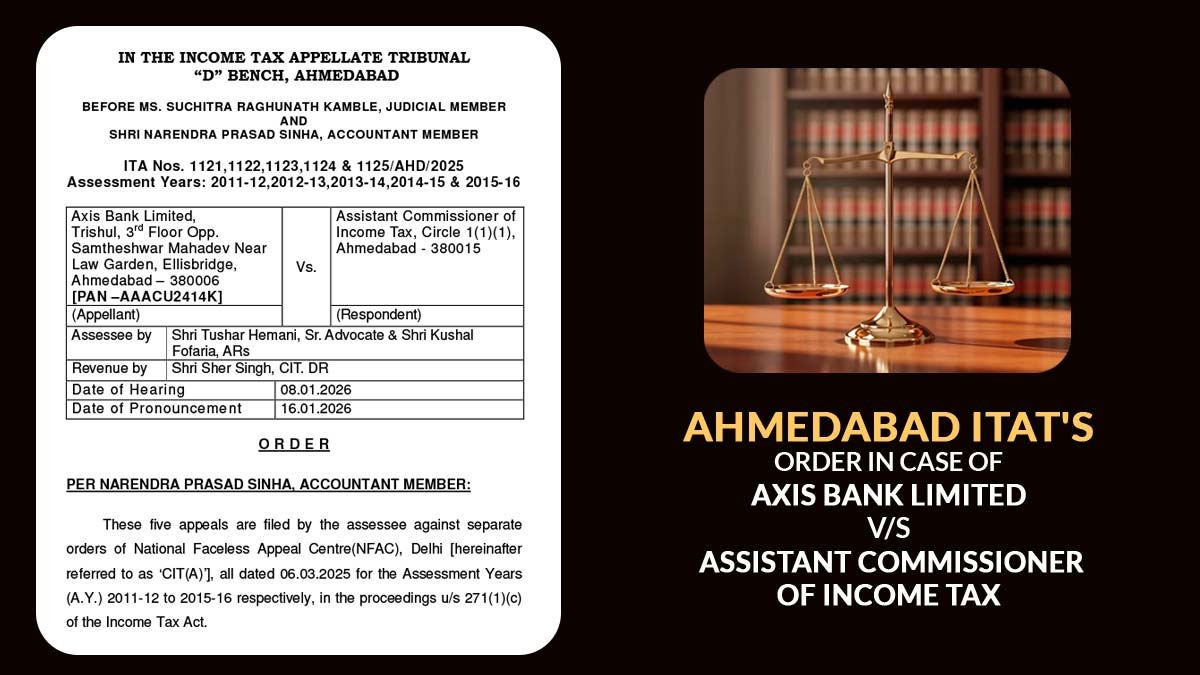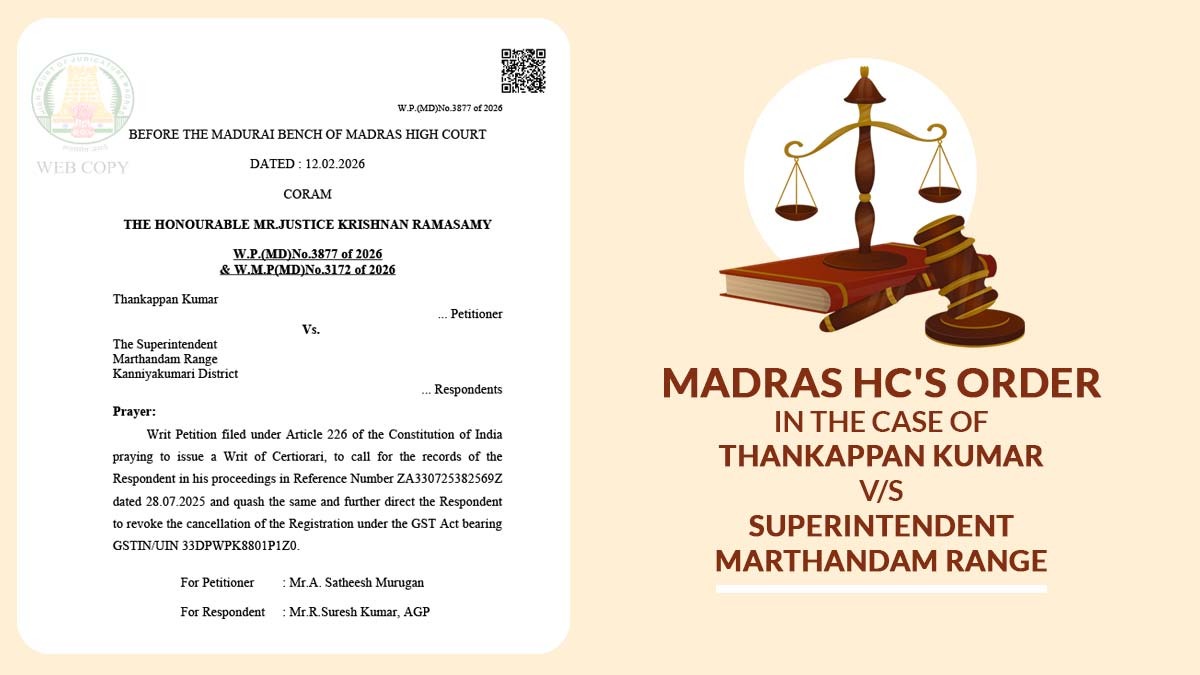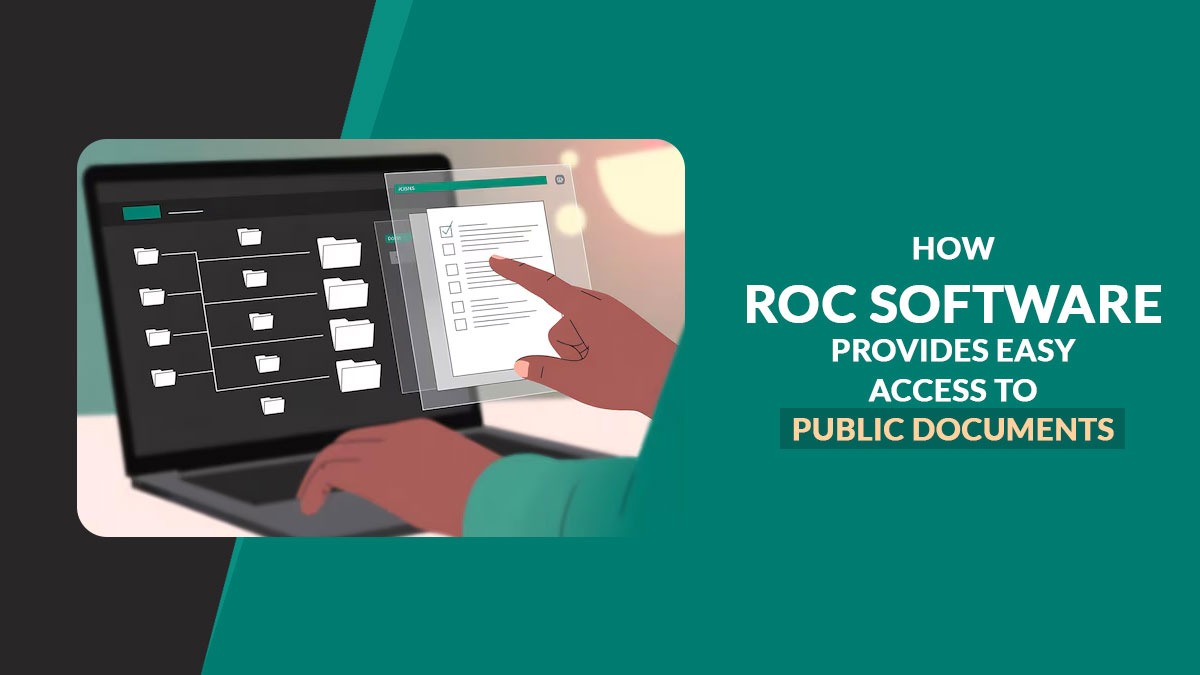As per the new amendments made to CGST Act in the Lok Sabha, the centre has excluded the provision of credit available for the Cess paid when transiting from GST considering previous indirect tax regime. The alterations in the amendment bill are applicable starting from July 1, 2017, retroactively. Taxpayers may have to reverse the credit or pay extra tax which was available under the cess paid ahead of GST implementation.
As mentioned by a law expert, before the amendment, Section 140 (1) previously do not put any restrictions on the several cesses which were included as part of the Central Value Added Tax credit ledger of firms. Swachh Bharat Cess and Krishi Kalyan Cess were comprised considering the CENVAT credit ledger of firms. The retroactive amendment of the proposed law limits the transition credit to eligible duties mentioned in the section. They are:
- National Calamity Contingent Duty leviable under section 136 of the Finance Act, 2001.
- Excise Duty specified in the first schedule of the Central Excise Tariff Act, 1985.
- Additional duty of excise leviable under section 3 of the Additional Duties of Excise (Textile and Textile Articles) Act, 1978.
- Additional duty of excise leviable under section 3 of the Additional Duties of Excise (Goods of Special Importance) Act, 1957.
- Excise duty specified in the second schedule of the Central Excise Tariff Act, 1985.
- Additional duty leviable under sub-section (1) of section 3 of the Customs Tariff Act, 1975.
- Additional duty leviable under sub-section (5) of section 3 of the Customs Tariff Act, 1975.
The centre had clearly mentioned in a FAQs document by describing that the credit on cess paid cannot undergo in the indirect tax regime structure.
Although previously, there were no particular limitations for the process under the GST for this credit, the taxpayers considered that the cess paid is liable to be forwarded in the indirect tax regime.
As the taxpayers or businesses are not entitled to move the credit for several cesses, they can take them in another way and reverse the credit they obtained. He further mentioned, “This will be a major point of scrutiny by the tax department in their audits.”
Taxpayers can argue on the applicability of retroactive move of the proposed amendment, it can proceed to litigation as well.
If the taxpayers consider the amendment to Section 140 (1) in a narrow view of the eligible duties, they may have got greater subdivisions. Section 140 (1) was previously modified to add the term “eligible duties”, explained under the CGST Act.
Read Also: Highlights of the Revised GST Return Filing Process
The “eligible duties” term was included in reference to the context of inputs applied by the taxpayer and doesn’t comprise service tax as the component. As per an expert, the action creates confusion over the applicability of credit transitioned considering service tax rendered before Goods and Services Tax implementation.
The proposed amendment bill creates confusion considering the transition credit availed in the service tax application before implementation of the GST and awaits for a review.










